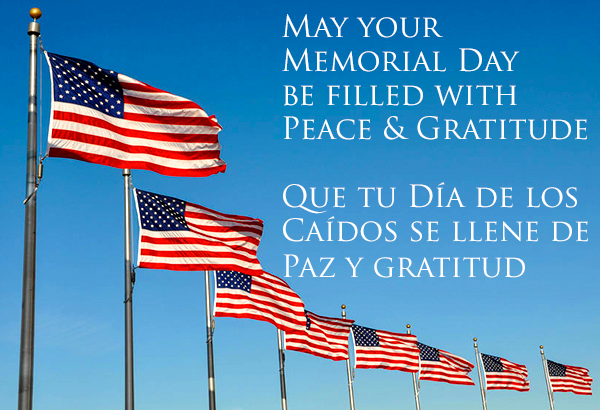Estimated Reading Time: 10 minutes
Key Takeaways
- AI is transforming how we remember and honor the military service of fallen soldiers.
- Memorial Day is evolving from a day of remembrance to a continuous global dialogue facilitated by digital innovation.
- Disruptive technologies like AI and AR are reshaping traditional commemorative practices.
- There are ethical and cultural challenges in digitizing memory.
- The role of Memorial Day is expanding to include social and political activism enabled by technology.
Table of Contents
- From Battlefield to Cyberspace: A Brief History of Memorial Day
- The Impact of Artificial Intelligence: Expanded Memory and EduTec Legacies
- 2025: Memorial Day in a Hyperconnected World
- The Ethical Challenges of Digital Memory
- Culture, Identity, and Education: Memorial Day Among Latinos and Migrants
- From Mourning to Activism: The New Social Role of Memorial Day
- Cutting-Edge Innovations: The Near Future of Memorial Day
- A Universal Memorial Day? Towards the Globalization of Remembrance Powered by AI
- Final Reflection: Memory in the Age of the Machine
From Battlefield to Cyberspace: A Brief History of Memorial Day
Understanding the significance of Memorial Day requires a look at its origins following the American Civil War, declared by General John Logan in 1868 as a day to decorate graves with flowers and remember the fallen soldiers. Over time, Memorial Day was formalized as a federal holiday and has evolved significantly, especially with digital advancements in 2025.
The Impact of Artificial Intelligence: Expanded Memory and EduTec Legacies
How is AI Revolutionizing Memorial Day?
- Story Reconstruction and Preservation: Projects like AI Storytelling Memorials use NLP to gather letters, diaries, and videos of fallen soldiers, creating immersive narratives.
- Facial Recognition and Augmented Reality in Cemeteries: AI and AR applications help visitors identify graves and visualize stories, enhancing personalized commemoration experiences.
- Social Impact Analysis: AI tools map the diversity and evolution of Memorial Day across social media, identifying trends about how newer generations engage with this tradition.
The future might see Memorial Day extended into the metaverse, allowing real-time interaction with generative avatars of fallen ancestors, ensuring military memories are never lost.
2025: Memorial Day in a Hyperconnected World
Paradigm Shift: From Local to Viral
Millions use the hashtag #DíaDeLosCaídos on platforms like TikTok, Instagram, and Twitter, where tributes are shared at the beat of music and images generated by AI. Digital platforms also stream live ceremonies from Arlington National Cemetery, allowing global participation.
The Ethical Challenges of Digital Memory
When does memory become a simulacrum?
There are concerns about AI-generated avatars recreating deceased military personnel for interactions with descendants, blurring lines between tribute and manipulation. Additionally, if virtual memorials are governed by popularity algorithms, marginalized stories risk being forgotten, perpetuating biases.
Culture, Identity, and Education: Memorial Day Among Latinos and Migrants
AI as a Tool for Visibility
Digitalization and automatic translation of archives help include thousands of Latino soldiers in the narrative, supported by organizations like Latino Veterans Legacy.
From Mourning to Activism: The New Social Role of Memorial Day
Monitoring and Mobilization in Real Time
AI platforms detect emerging social issues, aiding activists in launching campaigns against discrimination and using data visualization for persuasive arguments.
Cutting-Edge Innovations: The Near Future of Memorial Day
What We See in 2025
Smart museums and cemeteries deploy holograms for historical tours, while AI chatbots facilitate conversations with historical figures, enhancing educational and emotional connections.
A Universal Memorial Day? Towards the Globalization of Remembrance Powered by AI
Countries like Japan and Spain are utilizing AI to honor their fallen, collaborating internationally to foster a “universal digital memory” of armed conflicts.
Final Reflection: Memory in the Age of the Machine
Memorial Day is now a symbolic battlefield for the future of memory, identity, and community. While AI can curate stories and connect generations, ensuring the remembrance is meaningful and just requires human ethics and empathy.

